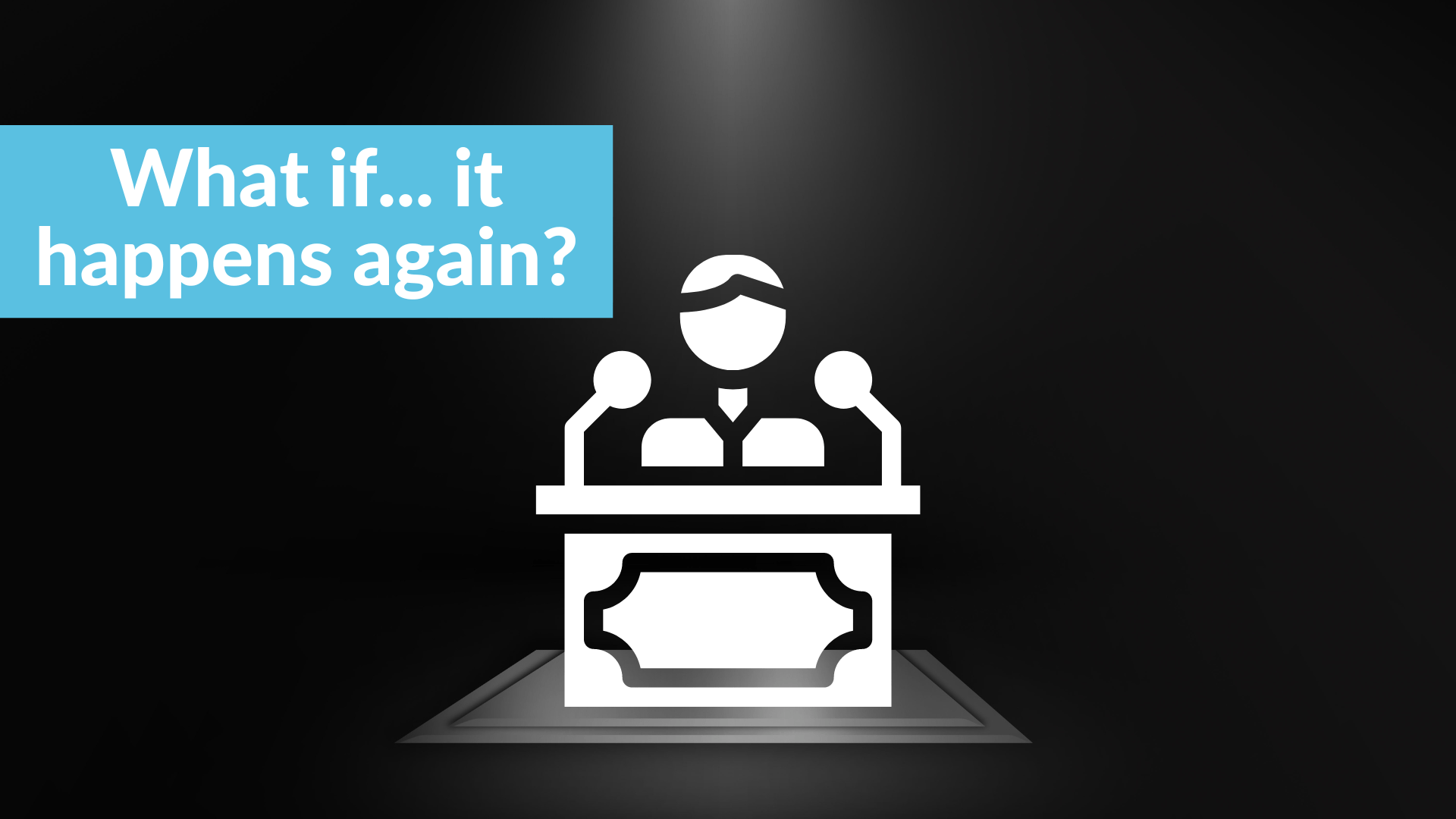Your cart is currently empty!
When speaking in public, you feel incredibly vulnerable because you are too exposed. Many anthropologists have theories about that discomfort and its relationship with being apart from the group. In other words, far from the safety of the group.
Yet, some of us seem to deal better with it, while others can reach the anxiety level of a panic attack. Why? Usually because of trauma.
Traumatic experiences stick with you
There are different kinds of trauma, and they all leave a scar. Believe it or not, a public speaking performance can become a huge, difficult-to-overcome trauma in your life.
As often happens in other traumatic situations, you may not even remember what happened, but the feelings are there. The feelings of humiliation and fear stick to you.
Even when everybody else remembers the situation in a positive way (How many times did you have a friend telling you “It wasn’t that bad.”?), the truth is you are going to have a hard time in the next situation you need to go through that experience again.
Public Speaking performances that went bad
A speech or presentation doesn’t always go perfectly, especially when you’re younger (on the positive side, your schoolmates were probably the worst audience you’ll ever encounter). Some people may find those memories funny because the time gave them enough emotional distance, but they can also be daunting.
Sometimes, you loved to speak in public until that disastrous meeting, where you felt like everyone was attacking you because they disagreed with your ideas.
It doesn’t matter when it happened; we all had a difficult time eventually, and it is impacting our present.
How can a traumatic performance impact future ones?
When you have an experience, your memory keeps two kinds of information: the facts and the feelings associated with it, and the second ones are vital. Studies suggest, for example, that when you have a positive experience along with some information, the good feelings you feel help you to retain that information more effectively in your memory – emotions are that important.
The emotional side of your memories can activate the physiological response you had at that moment. If it is increased blood pressure, heavy breathing, muscle tension, etc., then your brain recognizes the situation as potentially dangerous.
However, it is important to realize that our brain’s mechanism to protect us can also harm us. When memory is too painful to deal with, our minds create false memories about the event in an attempt to protect us. Sometimes, there are gaps when you are unsure about what happened at that moment.
Even though your mind is trying to protect itself, these gaps are responsible for increased physiological responses and fear. You need to address them to overcome them.
Practical consequences
Understanding how traumatic memories can affect your cognitive abilities, such as your memory, is vital to help you create some distance from the incident and work on overcoming it.
Generally speaking, you’ll remember it in a worse way than it actually was. Recording your performance and watching it later is an excellent way to realize it wasn’t as bad as you thought. For many people, recording themselves is daunting, but it is, in fact, a good way of protecting yourself.
Besides that, we tend to remember the worst of all, and I’m sure that no matter how bad your performance was, there was at least one thing that wasn’t that bad. You need to focus on that, re-watch the recording if necessary, and look for something positive to focus on.
Some situations are misinterpreted, which often happens when we’re insecure about something. That person you thought was laughing at you they were looking at their phone at the time. So, they were probably laughing at something else. Don’t be afraid of asking someone you trust what happened. Their point of view will most likely be more accurate than yours.
Solving these traumatic moments, giving them meaning, or revisiting them for reinterpretation is a great way to remove those feelings of incapacity and anxiety, or at least to make them smaller. They need to shrink so you can shine!
Emotions alter your performance
The power of emotions is often misunderstood and underrated in our modern, fast world. Yet, our complex brains take them very seriously, impacting various aspects of our lives. Strong emotions can even alter your memory and perception!
To feel confident and shine in your presentations, you need to understand your feelings and why. It is the first step to getting rid of any traumatic memories from your previous public speaking experiences.
Cátia is a psychologist who is passionate about helping children develop and train social skills.



Leave a Reply